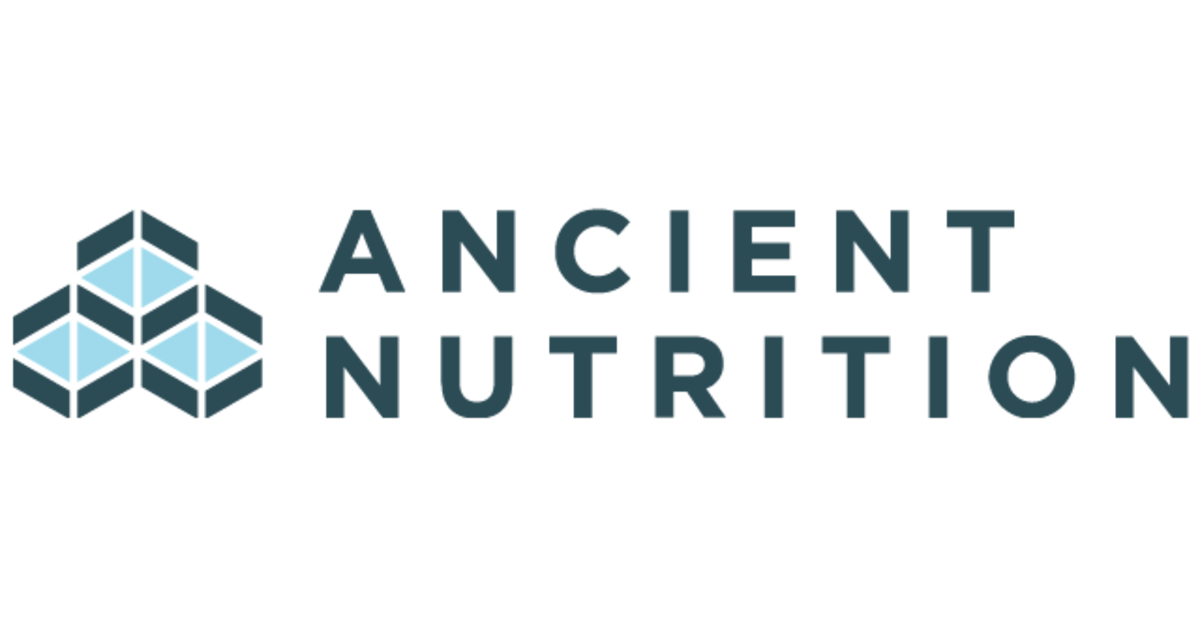Regenerative Farming 101
Learn more about the regenerative agriculture movement that benefits the environment, food quality and our health.
BY TAYLOR HUGO
It’s no secret that the agriculture and farming industry play a significant role in climate change, from polluting our ecosystems with pesticides and fertilizers to contributing to the buildup of greenhouse gases in the atmosphere with gasoline-powered machinery. But a dedicated group of individuals, companies and nonprofits is trying to reverse that trend with a practice known as “regenerative farming.”
Here, Jordan Rubin, a natural health expert and co-founder of health supplement company Ancient Nutrition, explains what regenerative farming is, and what it means for the environment, food quality and our health.
Live Naturally: What is regenerative farming?
Jordan Rubin: Regenerative farming, or regenerative agriculture, describes farming and grazing practices that help to stall or reverse climate change by rebuilding soil organic matter and restoring the biodiversity of degraded soil. This results in carbon drawdown [the future point at which greenhouse gas levels start to steadily decline] and improves the water cycle. In a nutshell, it involves farming practices that aim to rehabilitate and enhance the entire farm ecosystem by focusing on soil health.
LN: How does regenerative farming benefit us as individuals, as well as food quality and the environment?
JR: Climate change impacts our environmental, physical and financial health. Regenerative farming practices reduce emissions that contribute to climate change and restore soil biodiversity, ensuring that crops grown in this setting will be rich in nutrients. It also benefits gut health by allowing for the consumption of different microbes and healthy probiotic populations in the gut.
LN: How is Ancient Nutrition incorporating regenerative farming into its products?
JR: Ancient Nutrition has entered a scientific research partnership with Rodale Institute, a purpose-driven nonprofit and founder of the modern regenerative organic movement. Starting in January 2022, Ancient Nutrition began the first stage of a 14-year project to objectively study methods to revolutionize environmental regeneration and healthy food production through practices including carbon sequestration, water conservation, and soil microbiome diversity and viability.
Ancient Nutrition now has more than 4,000 acres of certified organic farmland in Tennessee and Missouri. Through our R.A.N.C.H. (Regenerative Agriculture, Nutrition and Climate Health) Project, we will collaborate with the research scientists at Rodale Institute on data collection and analysis. And starting this year, we are dedicating one percent of revenue to the R.A.N.C.H. Project and our partnership with Rodale Institute.






Share this Post